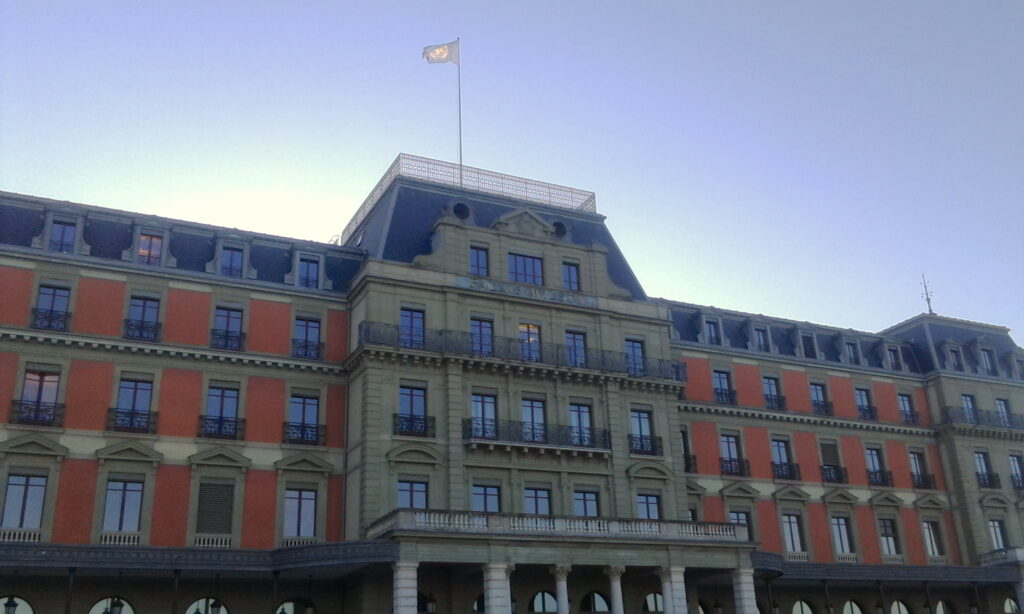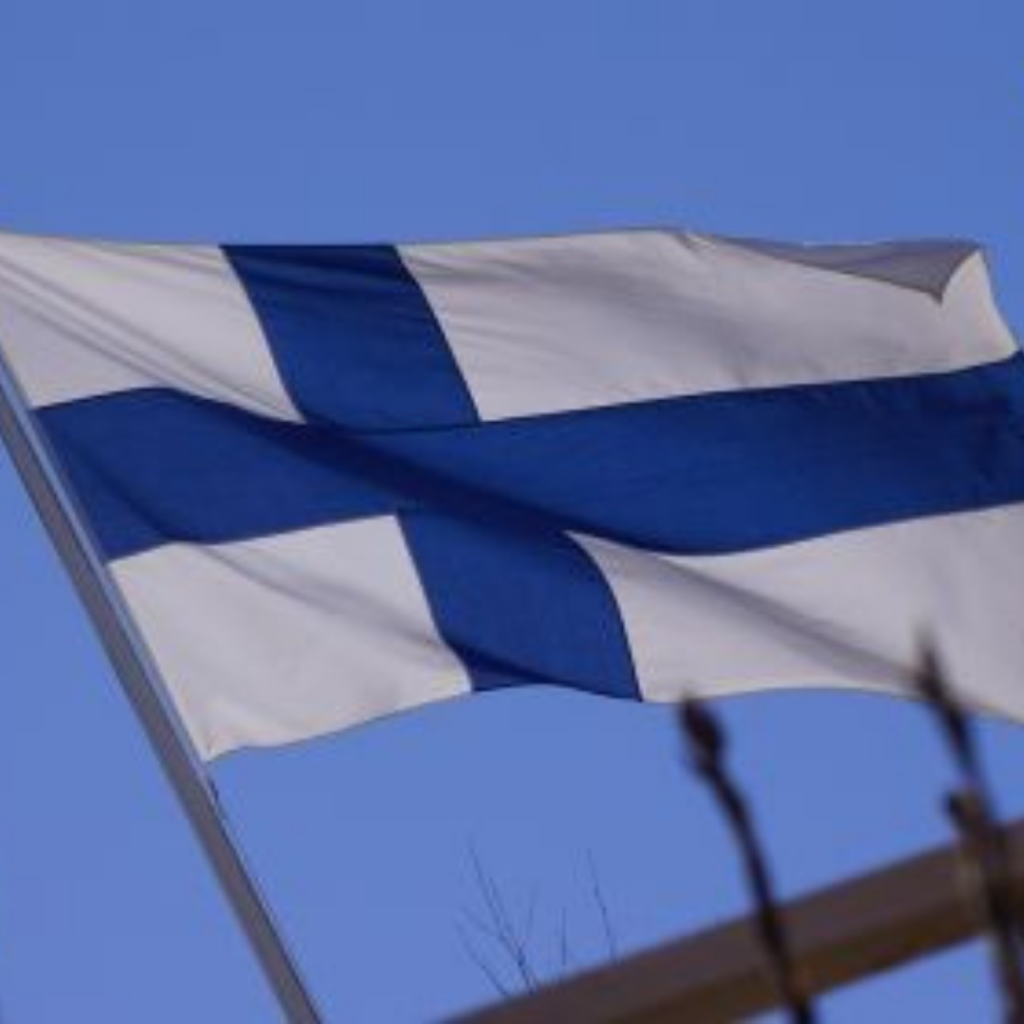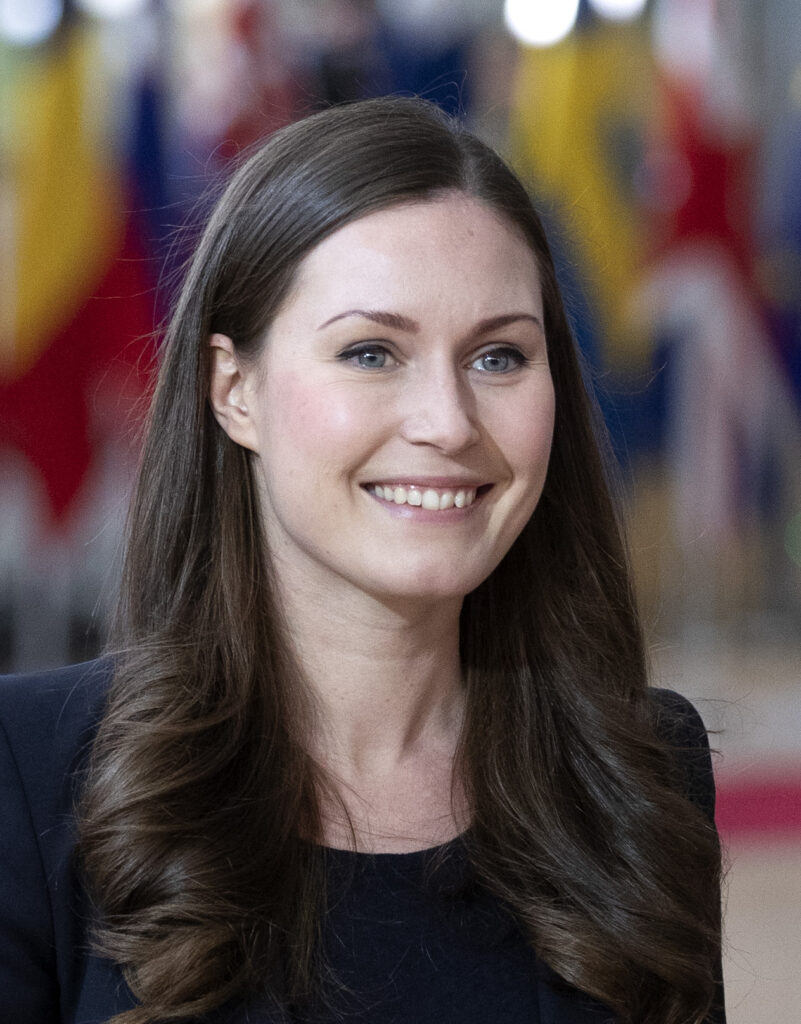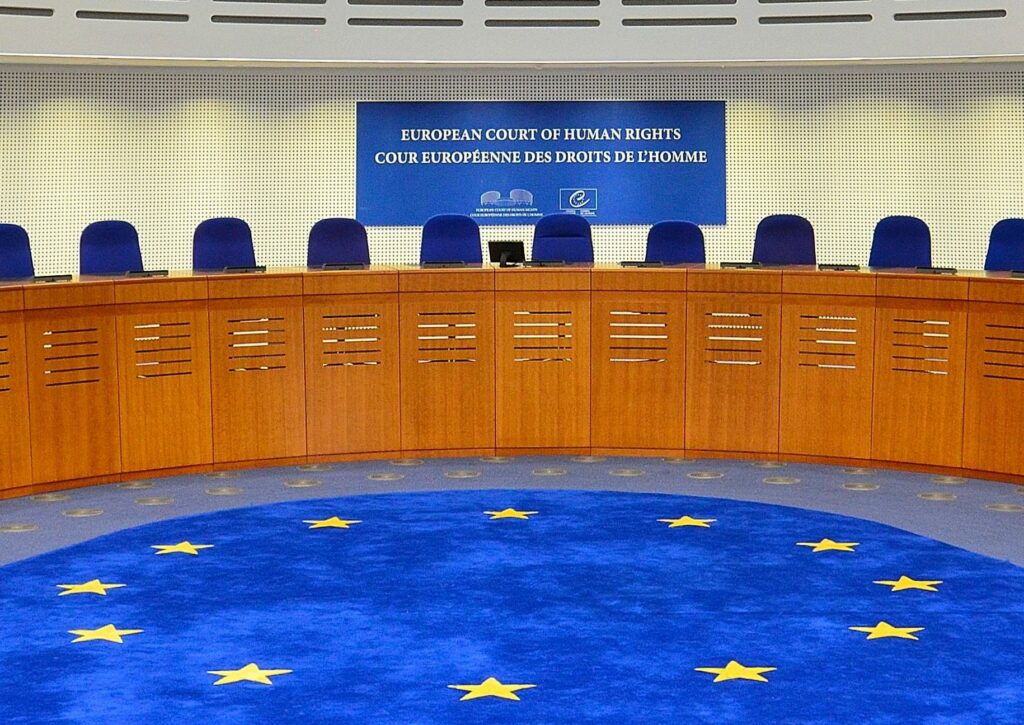Finland
Categories Score
The full bar chart stands for 100%, and is filled by the country category score. The colour display uses the traffic light palette, with Green representing a score closer to 100% and Red a score closer to 0%.
ASYLUM
This category looks into laws that expressly include SOGISC as a qualification criteria for seeking asylum. We also take into account other legislation, policies, instruction or positive measures by state actors that are related to asylum addressing the needs and rights of LGBTI asylum seekers and refugees.
Criteria Compliance Ratio
Each pie charts stands for a category and is divided in slices by criteria. When a country complies with a criteria – fully or in some regions – the slice is coloured.
Keep in mind the criteria have different weighting factor within a category; for example, the criteria Prohibition of medical intervention without informed consent (intersex) stands for half (2.5%) of the INTERSEX BODILY INTEGRITY category weighting factor (5%). Meaning that even if a country can only comply with this specific criteria within the category (1/4 total criteria) the category scores 50%.
More information on the categories and criteria weighting factors here.
Category & Criteria Table
The table lists detailed information and insights on legislation supporting each criterion status. Please use the filters for in-depth analysis.
n/a = not applicable, meaning the criteria didn’t exist in the previous Rainbow Map edition (PROGRESSION column)
- Complies
- Applicable in some regions only
- Does not Comply
RECOMMENDATIONS
In order to improve the legal and policy situation of LGBTI people in Finland, ILGA-Europe recommend:
- Removing the age restriction in the existing legal gender recognition framework.
- Banning conversion practices on the grounds of sexual orientation and gender identity.
- Prohibition of medical intervention on an intersex minor before child is able to give informed consent.
Annual Review of Finland
In our Annual Review of the Human Rights Situation of LGBTI People in Europe and Central Asia, we examine the advances made and provide concrete examples of on-the-ground situations at national level country-by-country in the 12 months from January to December 2024.
Read our Annual Review of Finland below for more details and stories behind the Rainbow Map. You can also download the Annual Review chapter (.pdf) covering Finland.
-
Finland has faced criticism for its handling of a case involving a Russian LGBTI family that was deported despite international protection claims. The UN Committee on the Rights of the Child had previously ruled that Finland violated the Convention on the Rights of the Child by deporting the family in 2017 and failing to provide adequate protection or compensation. In April, the committee’s assessment rated Finland’s compliance with its decision as “B”, indicating partial implementation, because Finland hadn’t compensated the child as mandated by the committee.
-
In October, a report by the Police Academy revealed a significant increase in hate crimes targeting LGBTI people in Finland. The report highlighted that 48% of cases involved hate motives related to sexual orientation, while 58% were linked to gender identity and expression. Hate speech, including threats, defamation, and harassment, was the most commonly reported form of hate crime, with assault crimes making up 29% of cases.
-
In August, Finland’s government proposed amendments to the Equality Act, aiming to remove the requirement for individual equality planning within early childhood education units, citing reduced administrative burdens as the rationale. Seta criticised the proposal, highlighting that this change would weaken efforts to combat discrimination and promote equality for vulnerable groups, including LGBTI people and their families. The proposal was part of broader government plans to streamline regulations, but its potential impact on anti-discrimination measures remained a point of contention.
-
A research financed by the Nordic Ministerial Council on the conditions of trans people in the employment sector in Sweden and Finland was presented in October. The results for Finland show that the unemployment rate for trans persons is twice as high as for cis persons and that trans people face greater difficulties in finding employment and experience more bullying in workplaces than cis people.
-
In the 2024 Finnish elections, presidential candidate Pekka Haavisto faced significant scrutiny over his sexual orientation. A University of Helsinki survey conducted prior to the elections revealed that one-third of respondents cited Haavisto’s partner, from Ecuador, as a factor influencing their decision not to vote for him in the presidential race.
In August, Finnish media reported that Foreign Trade Minister Ville Tavio of the Finns Party has prohibited the inclusion of any reference to mentions of LGBTI people and related topics iin public speeches written for him.
-
Starting in March, new legislation allows parents to update their parental title (mother/father) on the population information system website based on self-determination.
In June, the government announced a draft proposal to partially compensate private fertility treatments through public health insurance. However, many rainbow families would likely be excluded from these compensations due to the absence of “medical” grounds to justify treatment. At the beginning of December, the proposal remained stuck in the Parliament’s Social Affairs and Health Committee.
-
In June, the Finnish Parliament’s Legal Affairs Committee rejected a citizens’ initiative to ban conversion therapies. The motion was defeated 6-9, and the committee’s forthcoming report does not propose new legislation.
-
In September, Finland announced it would not participate in the “Alliance for Gender-Responsive and Inclusive Recovery” launched with the goal of ensuring that gender equality and women’s empowerment are central to Ukraine’s recovery efforts. This decision was made by Minister for Foreign Trade and Development Ville Tavio (Finns), who cited the alliance’s focus on promoting gender and sexual minorities’ rights as a reason for Finland’s withdrawal. In response to Tavio’s decision, Finland’s largest opposition party expressed intentions to seek a vote of no confidence against him. Tytti Tuppurainen, leader of the Social Democratic Party (SDP) parliamentary group, confirmed that her party planned to submit a motion of no confidence but the motion against Tuppurainen ultimately failed. Finnish President Alexander Stubb also criticised Tavio’s decision, emphasising that Finland’s foreign policy should uphold long-standing values, including the protection of gender and sexual minorities.
-
In March, the Bishops’ Conference of the Evangelical Lutheran Church of Finland endorsed a proposal to add a provision to the church order to recognise two definitions of marriage: one between a man and a woman and another between two people, allowing priests to officiate same-sex weddings. By May, the proposal had moved to the Church Council of Turku for review. It is currently under examination by the legal committee, which has requested input from the basic committee.
Helsinki Pride organisers confirmed the participation of members from the Social Democrats, the Swedish People’s Party, the Left Alliance, and the Greens in its yearly Pride event. The governing NCP, Finns Party, Christian Democrats, and the opposition Centre Party and Movement Now did not participate.
The Ministry of Justice and the Ministry of Transport and Communications have also announced that Pride would not be reflected in their activities or communications.
-
In June, the Helsinki Pride march attracted an estimated 100,000 participants. This year’s event was notable for the first-time involvement of the Rainbow Police of Finland, an LGBTI police association established in 2020 by current and former police officers and civilian staff.
The state prosecutor requested the Supreme Court’s permission to appeal the acquittal of Christian Democrat MP Päivi Räsänen on three counts of incitement to hatred. The charges stemmed from her derogatory statements about homosexuality, for which she was acquitted by the Helsinki District Court.
The District Court of Southern Ostrobothnia fined an individual for making illegal threats and inciting hatred against an LGBTI group on social media in July 2022.
The full Annual Review for 2025 is available here.







